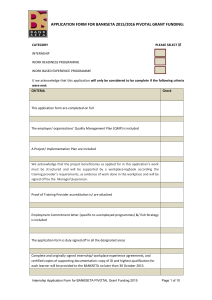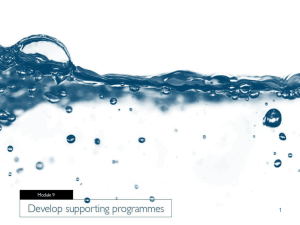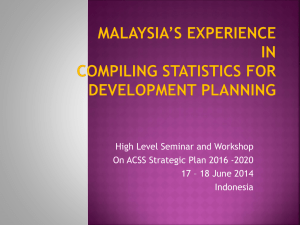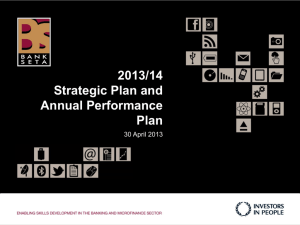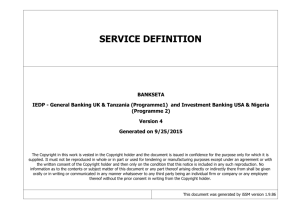BANKSETA presentation for Co-operatives
advertisement
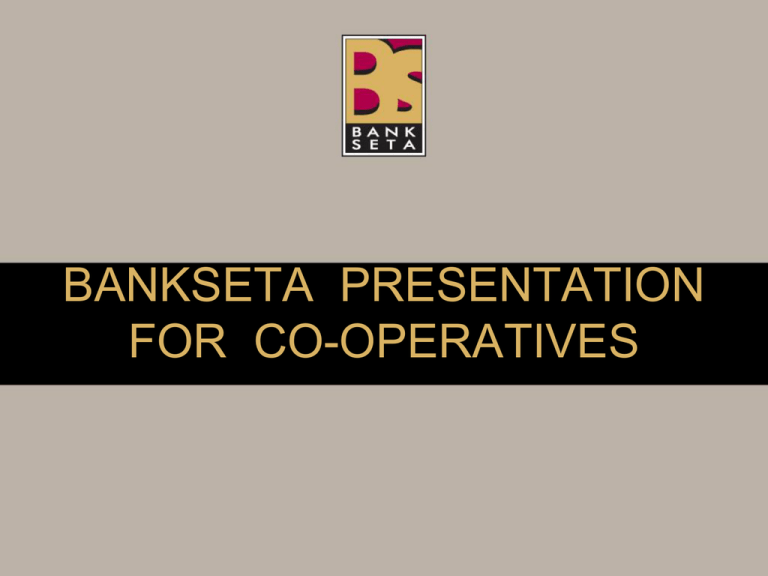
BANKSETA PRESENTATION FOR CO-OPERATIVES BANKSETA The BANKSETA mission is to support transformation and people development and, through partnerships, to enable stakeholders to advance the national and global position of the broader banking and microfinance sector National Skills Development Strategy III (2011-2016) Strategic Intent • Increasing credibility of skills planning - information and analysis of skills supply and demand • Increasing access to occupationally-directed programmes – Particular focus on artisan training – PIVOTAL grants • Promoting growth of FET college system • Addressing low level of youth and adult literacy • Focusing on work integrated learning – every workplace a training place • Supporting CO-OPERATIVES , SMEs, NGOs NSDS III: 7 Key Imperatives NSDS III will be guided by and measured against: • Race • Gender • Age • Disability • Geography • Class • HIV/Aids pandemic BANKSETA Strategic Focus – Youth development (Unemployed) – Inclusive Banking (SME development and support) – Skills development for the employed – Research and benchmarking – Capacity building of public (FET / HET) institutions BANKSETA Support to Employers • Creating awareness around Workplace Skills Planning Process • Creating awareness around how to access PIVOTAL Grants • Support in completing and submitting (online) Workplace Skills Plans • One-on-one capacity building sessions to implement PIVOTAL programmes Registration with BANKSETA • • • • New employer Company registration, Cipro registration Tax clearance certificate An SDF appointed by employer The Strategic SDF - Critical to the organisation - Must know organisation and its strategy well - Must ensure link between organisational skills strategy, workplace skills plan and implementation - SETA Liaison for skills planning and grant allocations Functions of the SDF Needs Analysis (3) 5. Training & Development are recorded on WSP and PP, implemented and reported on ATR and PR 1. Who works for me, what skills do they have? 4. Build pipeline incorporating BANKSETA programmes and funding opportunities 2. What skills do they need to achieve the business objectives? 3. What are opportunity costs, training costs & employees expectations, priority areas PIVOTAL PROGRAMMES •Pivotal programmes are professional, vocational, technical and academic learning programmes, which meet critical needs for economic growth and social development. •These programmes generally combine course work at universities, universities of technology or colleges with structured learning at work – through, among other things, professional placements, workintegrated learning, apprenticeships, Learnerships and internships. Provision is made within the WSP and ATR templates to plan for and report against PIVOTAL programmes. THE END • QUESTIONS AND ANSWERS




